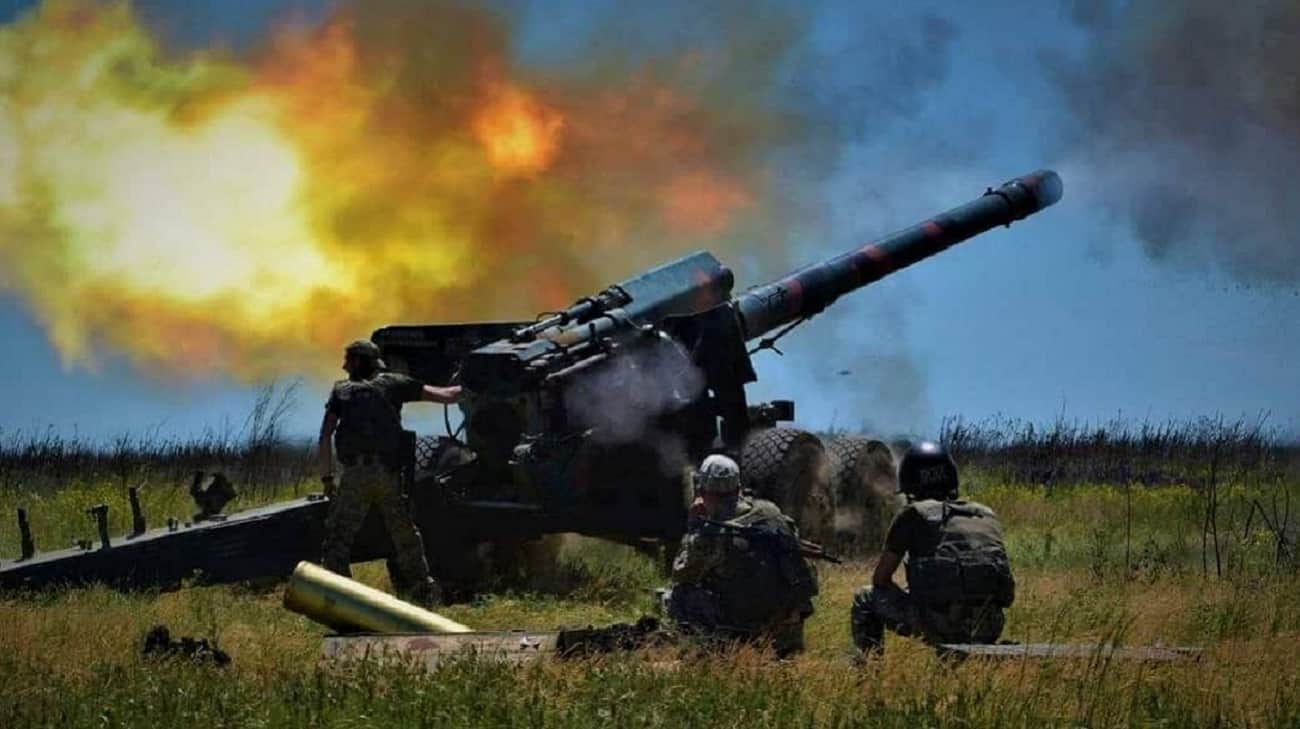Russia needs ceasefire to prepare for future offensives in Ukraine – ISW

Russia will use any ceasefire to prepare for future offensive operations in Ukraine. Source: Institute for the Study of War (ISW) Details: ISW emphasised that Russia's military intervention in Crimea and Donbas in 2014 violated numerous international commitments regarding respect for Ukraine's sovereignty and territorial integrity, including Russia's recognition of Ukraine as an independent state in 1991 and the Budapest Memorandum of 1994, where Russia specifically pledged not to undermine Ukraine's sovereignty and territorial integrity.
Advertisement:There is no reason to believe that the Kremlin would respect any new agreement obligating Russia not to violate Ukraine's sovereignty and territorial integrity.
A ceasefire would give Russia the opportunity to rebuild its degraded forces and redirect human resources toward large-scale expansion and reforms instead of conducting military operations in Ukraine. It would also allow Russia to continue mobilising its defence-industrial base without restrictions related to urgent operational needs in Ukraine. Russia could use a ceasefire to prepare forces more suitable for conducting the next series of offensive operations aimed at changing the regime, demilitarising Ukraine and conquering it.
A ceasefire would undoubtedly provide Ukraine with its own opportunities to address military force development and defence industry growth.
However, the Kremlin may, perhaps justifiably, expect that a frozen front would make supporting Ukraine less urgent and vital for the West and allow Russia to outpace Ukraine in preparing for the hostilities to resume.
To quote the ISW's Key Takeaways on 24 May:
- Western media continues to report that Russian leader Vladimir Putin is interested in a negotiated ceasefire in Ukraine, although Kremlin rhetoric and Russian military actions illustrate that Putin remains uninterested in meaningful negotiations and any settlement that would prevent him from pursuing the destruction of an independent Ukrainian state.
- Russian sources that have spoken to Western media have also offered mutually contradictory characterisations of Putin's stance on negotiations.
- These Russian sources notably highlighted territorial concessions as part of Putin's alleged envisioned ceasefire but have sparsely addressed the wider strategic objectives of Putin's war in Ukraine.
- A ceasefire does not preclude Russia from resuming its offensive campaign to destroy Ukrainian statehood, and Russia would use any ceasefire to prepare for future offensive operations within Ukraine.
- Russia is currently preparing for the possibility of a conventional war with NATO, and the Kremlin will likely view anything short of Ukrainian capitulation as an existential threat to Russia's ability to fight such a war.
- The Kremlin will continue to feign interest in negotiations at critical moments in the war to influence Western decision-making on support for Ukraine and to continue efforts to extract preemptive concessions from the West.
- Putin directly rejected Ukrainian President Volodymyr Zelenskyy's legitimacy as president on 24 May, the latest in a series of efforts to dismiss Zelenskyy's authority to engage in or reject negotiations with Russia and undermine Ukrainians' trust in Zelenskyy.
- Unnamed Russian government officials and sources within the Russian Ministry of Defence (MoD) and the Kremlin told the independent Russian outlet The Moscow Times that the ongoing effort to remove senior Russian defence officials and uniformed commanding officers will likely continue in the coming weeks and months.
- Ukrainian forces conducted a series of successful missile strikes against military targets in Russian-occupied Ukraine on 23 and 24 May.
- Ukrainian forces reportedly conducted a drone strike against a Russian early warning radar system in Krasnodar Krai, Russia on the morning of 23 May.
- The Ukrainian military command continues to address Ukraine's manpower challenges.
- The US Department of Defense (DoD) announced a military assistance package worth US£275 million on 24 May to help Ukrainian forces repel Russian offensive operations in northern Kharkiv Oblast.
- NATO Secretary General Jens Stoltenberg stated on 24 May that NATO member states should consider lifting restrictions on Ukraine's use of Western-provided weapons to strike military targets in Russia.
- Russian forces recently advanced near Vovchansk, Svatove, Kreminna and Donetsk City.
- The Financial Times (FT) reported on 23 May that Ukrainian National Security and Defense Council Secretary Oleksandr Lytvynenko stated that Russia recruited more than 385,000 military personnel in 2023.
Support UP or become our patron!